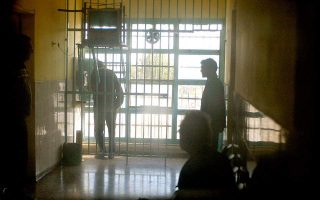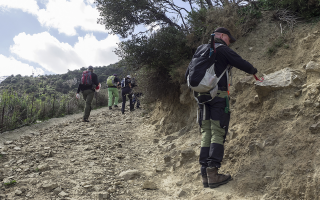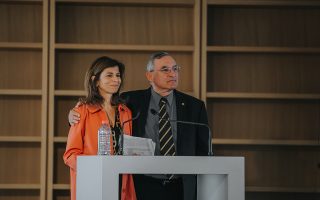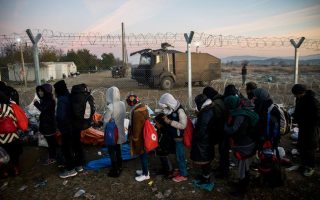Roundtable to discuss ‘Brinksmanship in the Aegean’ on May 28
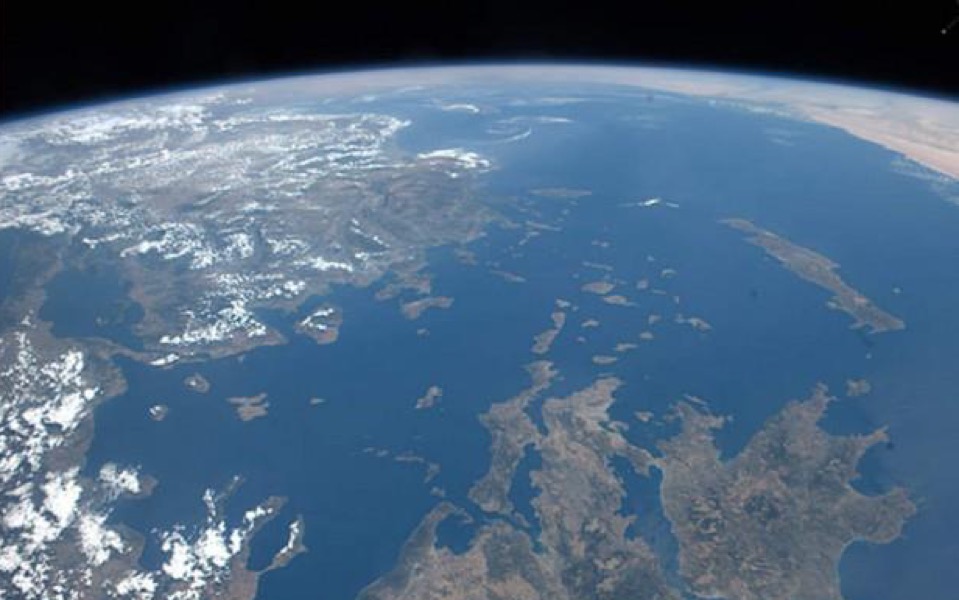
Is there anywhere in the world quite like the Aegean Sea? Mythology and tourism aside, let’s talk geopolitics for a moment.
The two countries of the Aegean basin, Greece and Turkey, are neighbors, foes and allies, joined geographically by a unique and occasionally disputed border over land and sea. They are allied bilaterally with the USA, and multilaterally through NATO.
Turkey is a candidate for membership in the European Union, while Greece is a full EU member.
Relations blow hot and cold in this part of the world, sometimes simultaneously.
In the past weeks alone, reports in various international media outlets, including Kathimerini, have claimed that Greece and Turkey are closer to war than at any time since 1996, and, conversely, more intimately aligned, and more peaceful, than ever before.
As viewed from the historic port city of Thessaloniki, at once crossroads and gateway, tensions are high, alarmingly so, owing to an eerie confluence of factors. Greece is endeavoring to leave behind the legacy of its sovereign debt crisis, its government having at one point threatened to leave the EU.
Turkey, on the other hand, is in the midst of an epochal political and diplomatic realignment, with wide-ranging implications.
Meanwhile, there is unprecedented uncertainty emanating from the administration of President Donald J. Trump, the US having long played the role of guarantor of stability in the Aegean.
Add Russian interests in the region, the impact of the ongoing military and refugee crisis in Syria, the emergence of a new energy politics dynamic in the Eastern Mediterranean, an ostensibly moribund EU and a NATO struggling yet again to reinvent itself, and challenges to liberal democracy and the rule of law on both sides of the Atlantic (with elections certain in 2018 in Turkey and in the US, and possible in Greece), and you have a volatile mix.
What should one expect going forward? Is the current climate reminiscent in any way of previous periods in local history – are we heading back to the future – or are we called upon to recast this history in a new and potentially unsettling light? Will tensions escalate? Who, if not the US (and NATO), can act as an honest broker in regional affairs?
The questions are not new, but the moment is unique. So too are the measures needed to answer them.
In a prototypical collaborative venture, the Thessaloniki-based Dukakis Center and the Istanbul-based Center for International and European Studies will convene a distinguished cohort of Greek, Turkish and American scholars, practitioners and diplomats for a public debate on these and other questions and issues.
The format itself, a full-throated exercise in track two diplomacy, is evocative of the manner in which we propose to move forth: in serious, civil, face-to-face deliberations among experienced representatives of the three countries with the most at stake in generating sustainable models of coexistence and cooperation.
Event: “Back to the Future? Brinksmanship in the Aegean” takes place at the Piraeus Bank Conference Center (14 Katouni, Thessaloniki) on May 28, starting at 5 p.m., co-hosted by the Dukakis Center at the American College of Thessaloniki and the Center for International and European Studies at Kadir Has University.
Participants: Pavlos Apostolides, ambassador, former director, Greek National Intelligence Service; Mustafa Aydin, Kadir Has University, International Relations Council of Turkey; Maria Bozoudi, American College of Thessaloniki; Mitat Celikpala, Kadir Has University; Serhat Guvenc, Kadir Has University; Kostas Ifantis, Panteion University, Kadir Has University; Alex Karagiannis, former senior adviser to the director general of the US Foreign Service; John Koenig, former US ambassador to Cyprus; Sotiris Serbos, Democritus University of Thrace; Dimitrios Triantaphyllou, Kadir Has University, Center for International and European Studies; David Wisner, American College of Thessaloniki, Dukakis Center
* David Wisner is executive director of the Dukakis Center for Public & Humanitarian Service.
